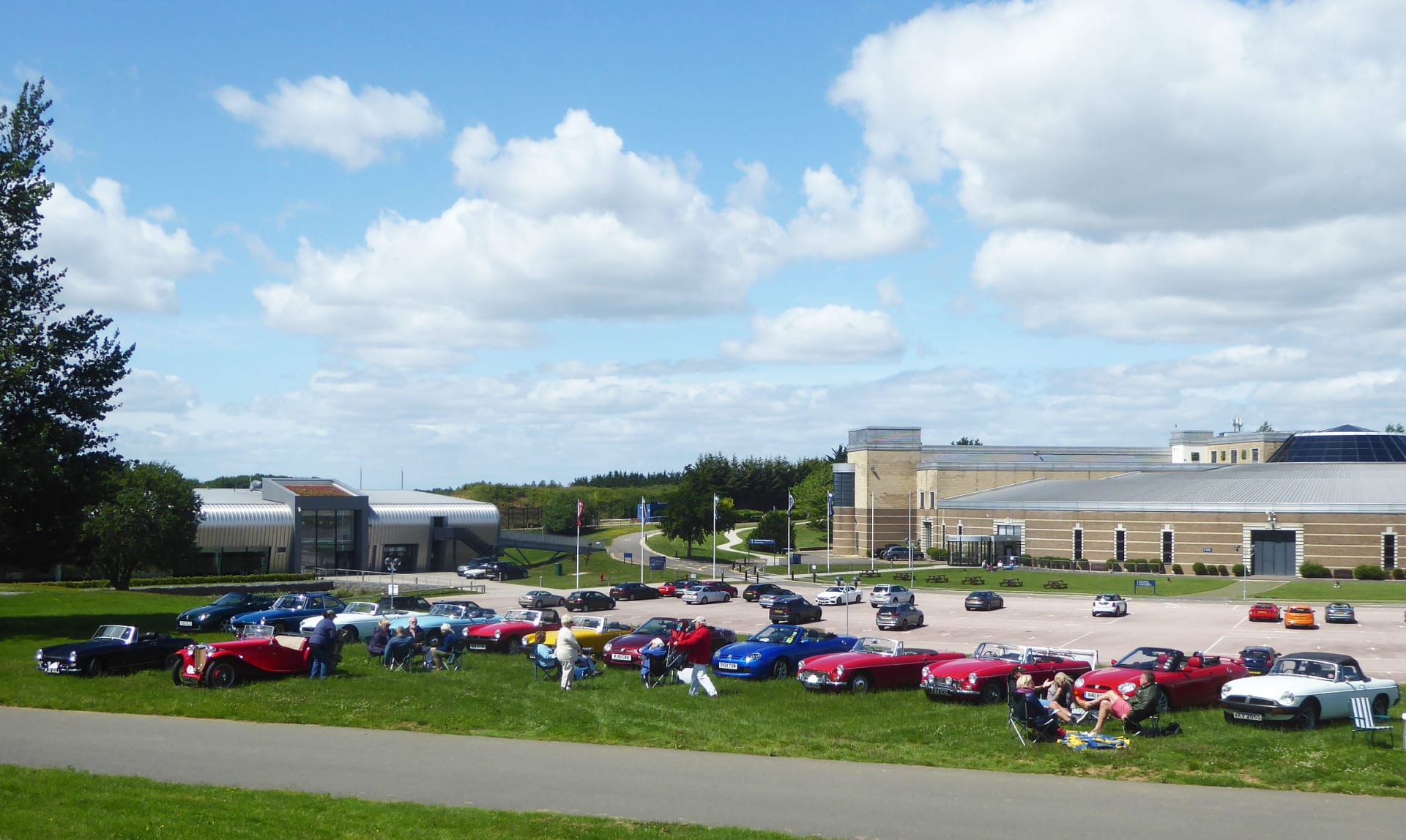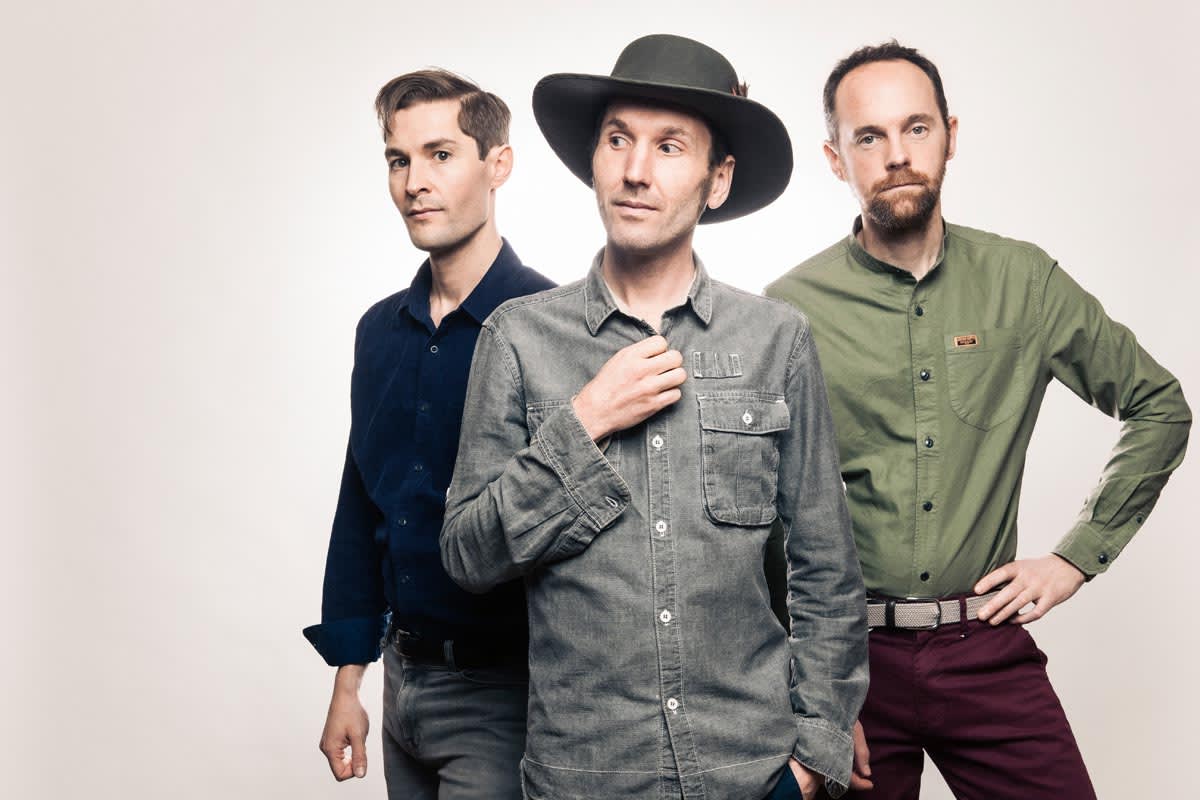A half-Egyptian, half-Irish heritage is at the heart of every Shaefri song. Arabic beats meet harmonies that hark back to summers spent in Mayo and family singalongs. Girl, the London-raised singer and songwriter’s second EP, is the result of a two-year quest to capture her unique identity. Recorded between London, Paris and Montreal with the Canadian/Caribbean producer Traxx, its lead single ‘Girl’ was inspired by the #MeToo movement, dealing in the personal as much as the political, while planting one foot on the dancefloor. From her London home – where she’s been since February – she talks to Sam Bennett about her grandmother’s funeral, playing Bush Hall at the age of eight, and educating ourselves about systemic racism.
I’ve been listening to your EP…
Good, good!
I love ‘Say You’ll Be There’ and I really like when you slip into your higher register at the end of certain words – is that hard to do?
Not really, I think it originally came from me not having good technical training. It’s a kind of accidental thing that I do on purpose now – it’s probably technically very poor, but there we go.
Your experience of music at school wasn’t all that great, was it?
I wasn’t good at music theory, I was much more interested in playing things by ear and figuring stuff out, and being examined on the thing I loved always felt like a very weird disconnect for me. As soon as I left school I got much more interested in songwriting.
Have you ever been back to your school?
No – I moved school so I don’t know if I’d be asked back. I would love to though, I think it would be really cool. I went to an all-girls school and music tech really wasn’t encouraged (even at my mixed school it wasn’t encouraged in girls). So, I’d like to go back and be like ‘you can absolutely learn how to produce, it’s not something that requires a man.’ I didn’t have that so would love to encourage it. As well as traditional songwriting, production is really important – I only learnt that after leaving.
Following your 2017 debut Cracks, you’ve released your second EP. Interestingly, Girl is the result of a quest for your unique identity, but the title is quite generic.
I wanted to name the EP after one of the tracks on it and ‘Girl’ was the song that defined the sound and shaped the whole idea. It is quite a generic title but I wanted it to be all-encompassing and not particularly specific; the single is supposed to encompass all women and girls of any orientation, size, whatever… so it was supposed to be as blanket a term as possible.
Which makes absolute sense because the song is inspired by the #MeToo movement – by definition, inclusive of many, many women. As you say, all-encompassing. And with this song, you’ve made a statement about something in the way that you know best.
Music has always been my preferred vehicle of expression. I’m not particularly open anyway, so I’ve always found it easier to communicate through music. I also don’t really have the authority to speak on any other forum. I’m not a great public speaker and there are people who are much more politically aware, much more well-read and much better educated on certain issues. I can only really speak on what I have experienced and what I know other women and girls have gone through; that’s all I try to do – reflect the times we’re in. That’s not to say it’s reflective of everyone’s experience, but I know ‘Girl’ has resonated with quite a few people which is really nice.
You recorded the EP all over the place…
My producer is spread across Martinique, Paris and Montreal – and I live in London so we finished the EP here. We didn’t make it to Martinique but I would love to go (maybe for the next one, when everything settles down). I’d never been to Canada, which was cool. I’d spent quite a lot of time in Paris before because I freelanced with a French label called Because Music. I love going to Paris, it’s just beautiful, and feels very poetic. London is more fast-paced and grittier; a wonderful, hectic experience.
Do you have a ‘London sound’?
I think so. London is such a multicultural city and there are so many different genres coming out of here. I don’t really like the word but it is a melting pot. There’s something exciting about the city that is conducive to new and experimental ideas. Then again, I’ve written in Montreal, in Paris… I think it’s more to do with the individual, but place has influence.
Do the Egyptian and Irish sides of your heritage complement each other?
I think they’ve got more in common than you might imagine. I come from two very big, very loving, very full-on bunches of people. In my experience, with both cultures, there’s always music blaring, there’s always amazing food – it’s chaotic. And there are so many cultures through my family now; everybody’s married into different places. I’ve always been around a huge mix and that comes into my music – growing up, my parents always played us Arabic and Irish music.
On your mum’s side, tell me a bit about family singsongs in Ireland.
My mum’s from a family of ten originally, and everybody plays 15 instruments amazingly; you feel technically inferior because you can’t just pick up the mandolin, guitar or harmonica and play. We went to my grandmother’s funeral in Limerick a few years ago and it ended up with everybody singing round the hotel piano at 3am. She loved to sing, she was very involved in the local music scene there, so it was a tribute to her. That’s what big Irish families are to me. It’s really good fun, you go to a wedding and you’ll be wondering who someone is – and it’s your cousin.
Your dad has a collection of 20 different types of recorder, an integral instrument to your musical upbringing.
My dad plays lots of instruments, I learnt the clarinet when I was younger, my sister did the saxophone, we all play the piano… and we all play the recorder because it was something everybody could play. My first show – I think I was eight – was at Bush Hall in my family’s recorder ensemble, of which I hope there are no photos.
How have you coped creatively these past few months?
If I’m being honest, I found it really difficult to come up with anything. Whilst I may have had more time, at home the level of stress and anxiety was stifling. I was so worried about releasing the EP and going into a campaign when it could have all gone tits up, for want of a better word. I’m an independent artist, I support myself financially. It’s been really exciting because the reception’s been so good, but really stressful and challenging, and not conducive towards creating anything particularly good. Not my finest hour, the last couple of months, in terms of writing new material.
A lot of great ideas just fall into your lap and three months to yourself doesn’t necessarily guarantee that will happen.
Yeah, and I like to write about my experiences and I haven’t really experienced anything other than anxiety and being inside. I draw on my friends’ experiences but they’re not up to anything. There hasn’t been a richness of things to delve into.
What’s happening gig-wise for you?
Shows are virtual at the moment which I don’t love, I think you miss out on the experience of being in the room with other people; those really exciting moments when you think you’re hearing something special and you’re all having this collective experience – I think people are really missing that.
You don’t get the same buzz in a Zoom Waiting Room as you do in a queue that bends around a street corner.
I think people are getting a bit fatigued by Zoom, I’m not enjoying Zooming people anymore. I’m hoping we’ll be able to do some shows in November, and next year I’m hoping to do a UK tour, hopefully some shows in Ireland as well.
What are you reading and watching right now?
In lockdown I found it harder to concentrate on things, but I read Zealot by Reza Aslan. It’s all about Jesus of Nazareth just as a person, a kind of series of historical accounts. I am absolutely not religious at all – a pretty staunch atheist – but I do find the concept of religion interesting. Zealot sounds like it might be intellectually challenging; not that it’s not, but it’s also really digestible. I watched 13th [Netflix] – so upsetting.
Michelle Alexander features in that documentary. After watching it I got her book, The New Jim Crow on Audible. It’s so good, she’s so smart. It’s about how mass incarceration in America is the New Jim Crow. I hadn’t realised how awful the situation is.
I think also it’s so easy, being in the UK, to go ‘that doesn’t go on here, that’s in the States.’ The States is very f*cked up, but it’s not ok here either – there are all kinds of systemically racist systems in place. I think the best thing we can do is educate ourselves and change our behaviours. Nobody’s going to do it perfectly, as long as you keep trying, that’s what’s important – to not stop.
Girl is out now @shaefri







